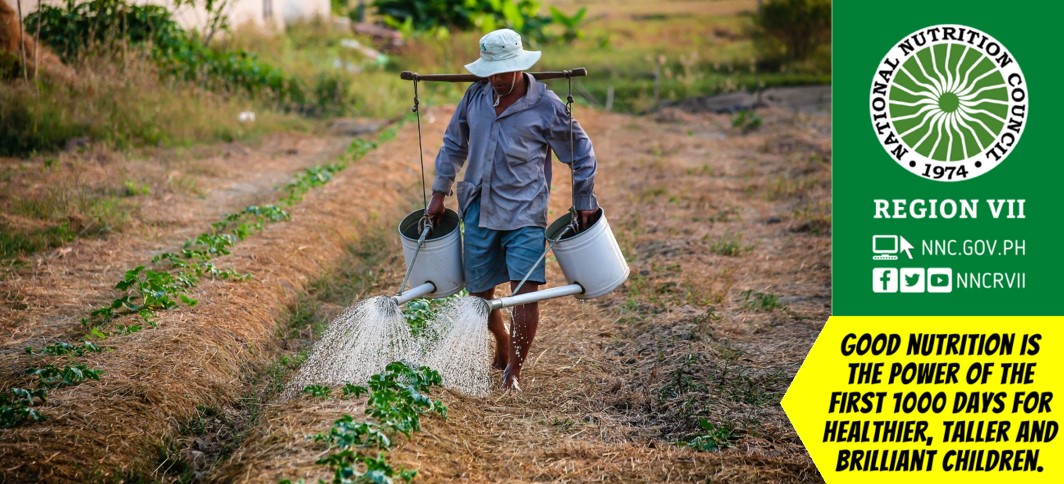News
How Agriculture Reduces Food Insecurity


Food insecurity has been defined as a lack of reliable access to enough food. Food security on the other hand, as defined by the Food and Agriculture Organization is when all people, at all times, have physical, social, and economic access to sufficient, safe, and nutritious food that meets their dietary needs and food preferences for an active and healthy life.
However, millions of people are facing a food shortage due to uncontrollable prices of commodities, degradation of ecosystem services, conflict, violence, or war and they don’t know if they will be able to feed themselves tomorrow or at the end of the day. These conditions have been exacerbated by the COVID-19 pandemic that has affected food security and nutrition. These include disruptions to food supply chains, loss of income and livelihoods, a widening of inequality, disruptions to social protection programs, altered food environments, and uneven food prices.
A survey conducted by the Social Weather Station showed that 22 percent of families suffered hunger and 8.7 percent suffered severe hunger, which are the highest levels recorded in more than 20 years.
How does agriculture reduce food insecurity? Agriculture plays a unique and important role in society because it ensures the production of food. Agriculture is critical to food security and social and economic development, employment, countryside maintenance, and land and natural resource conservation, and contributes to the sustainability of rural life and land.
Unfortunately for some areas, not much has been done by most institutions for agriculture but there are hopes for food security in the future. Here are some possible solutions that can improve food security in the country:
- Improve existing infrastructural programs such as better roads, storage facilities, and food processing equipment. These infrastructures can help farmers produce more food.
- Reduce food commercialization by utilizing food products for feeding purposes in the community. With ample support to farmers, they can grow more food crops and cash crops ensuring enough food supply in the market. With this, trade policies must also be improved.
- Work towards defeating climate change by adopting eco-supportive technologies to help farm sustainability.
Improving agricultural productivity and incomes, as well as supporting fair trade and better nutritional practices at all levels can help those who are most in need to gain quick access to food. (ND II Jhianne Mae Nicole C. Tugaoen, RND)

































